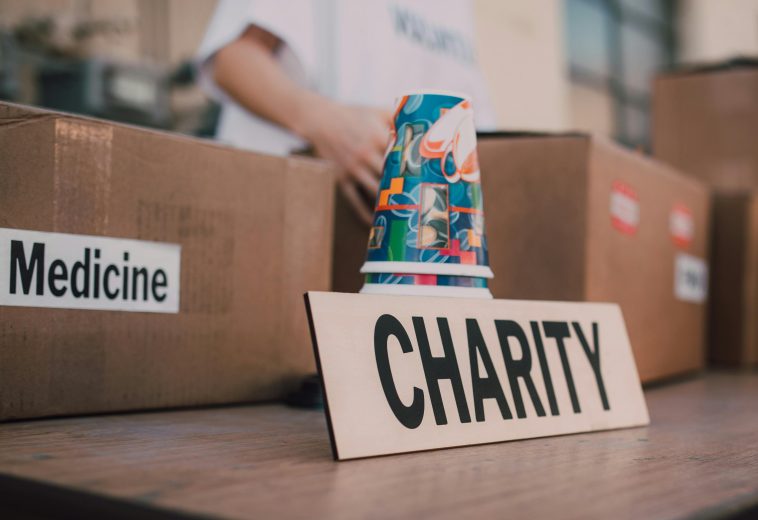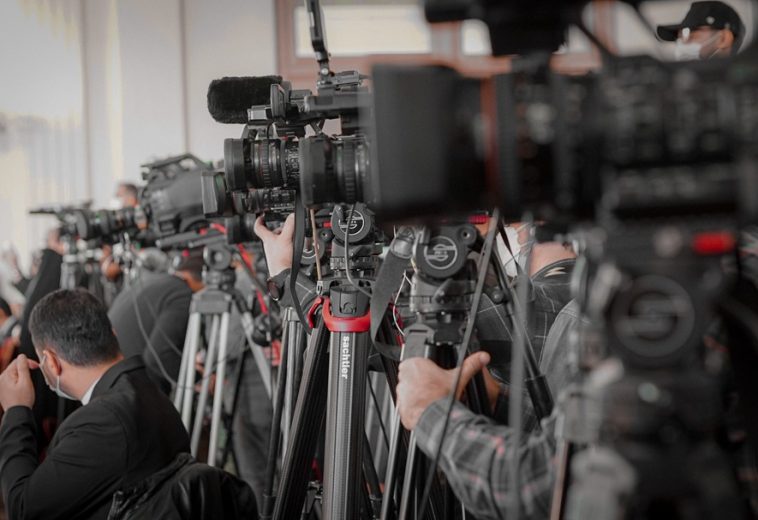In recent years, a powerful movement has emerged across Africa, aiming to redefine beauty by celebrating indigenous ideals and challenging entrenched Western norms. African women are at the forefront of this change, embracing their cultural heritage through traditional aesthetics and questioning the narrow definitions of beauty often portrayed in global media. From skin tones and body types to hairstyles, the reclamation of African beauty is multifaceted and grounded in self-acceptance.
Celebrating Natural Beauty in Africa
Campaigns such as #MelaninMagic, #BlackIsBeautiful and natural skincare trends have gained significant traction on social media, providing both a platform for self-expression and a celebration of darker skin tones that have historically been marginalised. These movements encourage African women to embrace their unique qualities, fostering pride that rejects Eurocentric ideals.
READ ALSO: The beauty of celebrating women on a special day
Prominent figures like Genevieve Nnaji, the Nigerian filmmaker and actress, and Thando Hopa, a South African model and human rights lawyer, exemplify this shift. Nnaji’s film productions often highlight African culture and heritage, while Hopa’s advocacy for representation in fashion challenges conventional norms and reflects the complexities of African beauty. Their visibility not only challenges media portrayals but also serves as inspiration for women across the continent to value their identities.
Boosting Local Industries
The growing wave of self-acceptance has also led to the rise of local beauty brands that cater specifically to African skin and hair types. These companies are not only competitors in the global market but are redefining what beauty products should be by utilising indigenous ingredients and traditional knowledge. Brands like Shea Moisture and Nairobi, for instance, offer products that resonate with local consumers while supporting artisans and the economy.
Leaders and businesses have a crucial role to play in this transformation. By investing in the traditional fashion and beauty sectors, they can amplify local voices. Initiatives such as sponsoring African fashion weeks or hosting beauty expos create valuable platforms for local designers and influencers to showcase their talents.
The Role of Media in Shaping Perceptions
Media representation is pivotal in promoting the narrative of African beauty. Local television shows increasingly feature heritage hairstyles, skin tones, and beauty rituals that reflect authentic African aesthetics. Programmes such as Hairitage in South Africa celebrate natural Afro-textured hair, promoting broader acceptance of diverse looks.
To enhance this movement, global media should prioritise authentic storytelling. Rather than relying on outdated stereotypes, media companies must engage with local communities to produce content that reflects the richness of African culture. By showcasing diverse narratives, global media can foster a deeper understanding and appreciation of Africa’s multifaceted beauty.
Educating for Change
Despite the progress being made, challenges remain, notably in countering the lingering influences of Eurocentric beauty standards. According to a survey by the Dove Self-Esteem Project, nearly 50% of girls aged 10-17 feel pressured by toxic beauty ideals on social media. It is crucial to counteract this narrative through education and awareness-raising campaigns that promote body positivity and self-acceptance.
Moreover, social media platforms can play a more active role in promoting diverse beauty standards. By supporting campaigns that uplift African beauty narratives and curating content that showcases a variety of body types, skin tones, and cultural practices, these platforms can help challenge harmful standards and empower users.
The Path Forward: Embracing Authenticity
Africa is a continent rich in cultural diversity, and the rejection of Western beauty standards is not merely a trend but a necessary cultural renaissance. This movement towards embracing traditional aesthetics is about more than just beauty; it is a reclamation of identity, heritage, and self-worth.
As African women continue to challenge Eurocentric standards, it is vital for leaders, businesses, and global media to support this important work. Investing in local industries, amplifying authentic narratives, and promoting education and awareness around beauty standards will contribute to a more inclusive definition of beauty—one that not only celebrates African women but also resonates globally.
By embracing the uniqueness of their culture and rejecting imposed ideals, African women are taking significant strides towards reshaping the global conversation about beauty, paving the way for future generations to celebrate their individuality. This movement serves as a powerful reminder that beauty is diverse, profound, and deeply personal.




